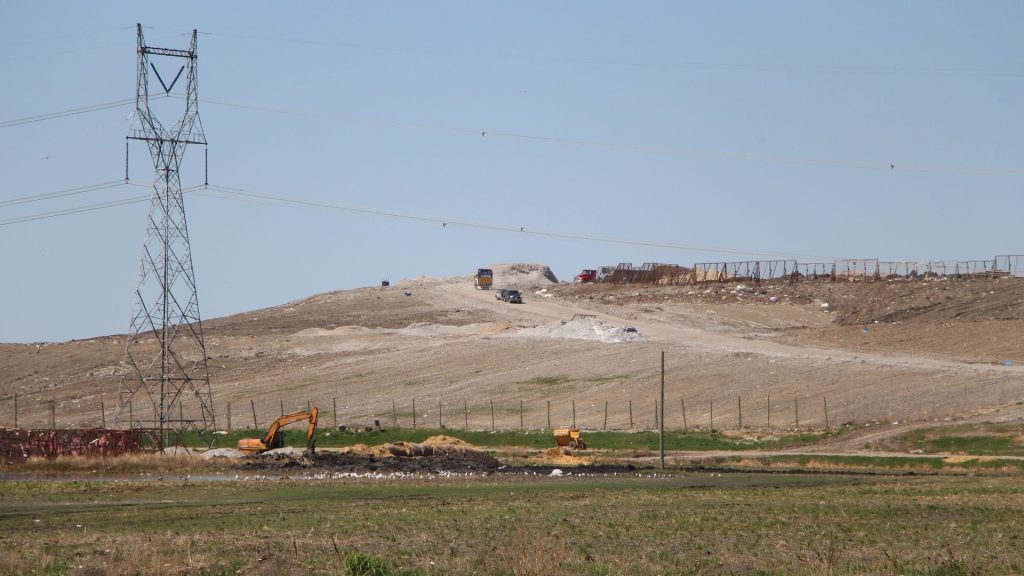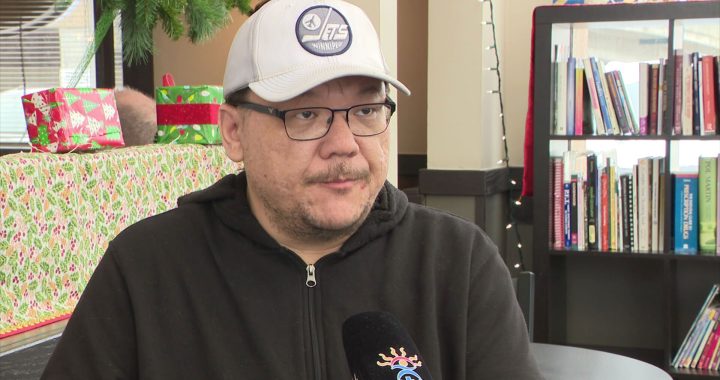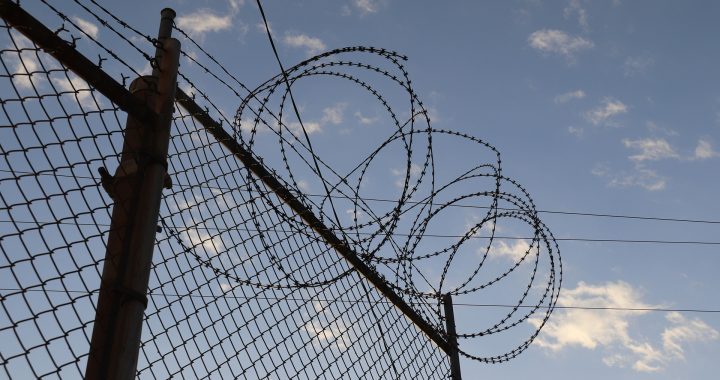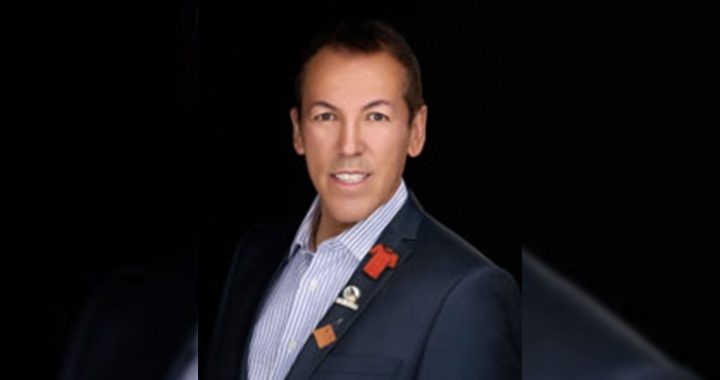
Winnipeg police believe two First Nations women are buried in the Prairie Green Landfill located north of the city. Photo: Jesse Andrushko/APTN.
The federal government announced Wednesday it is providing $740,000 to Long Plain First Nation to further research a possible search of the Prairie Green Landfill, where the bodies of two First Nations women are believed to be buried.
“The Government of Canada will continue to work in partnership with Indigenous leaders, families, survivors, and communities to support healing and closure,” said Crown-Indigenous Relations Minister Gary Anandasangaree in a statement.
The feds provided $500,000 last winter to fund a feasibility study prepared by the Assembly of Manitoba Chiefs.
This latest infusion of cash comes less than 24 hours after Heather Stefanson’s Progressive Conservatives lost the provincial election on Tuesday.
Stefanson, who stepped down as party leader following the defeat, not only rejected a search of the landfill, but her party actively campaigned to “Stand Firm” on the decision.
Police believe the bodies of Morgan Harris and Marcedes Myran, both from Long Plain, are buried in Prairie Green, a privately owned facility just north of Winnipeg.
The incoming NDP government, led by Wab Kinew, promised it would search the landfill during the campaign.
Kinew didn’t mention the search in his victory speech Tuesday night, but at a news conference Wednesday morning he said there wasn’t time “to commission another study.”
“What I have in mind is just bringing in a second opinion from some other experts that have some thoughts to contribute on the topic,” he told reporters. “I don’t have details to share about their names today.”
Kinew also said the party has committed to establishing an MMIWG2S+, gender-based violence committee of cabinet.
The Prairie Green Landfill
The feasibility study leaked to APTN News in June, said an assembly-line search process would take between 12 and 36 months and cost an estimated $84 million to $184 million.
The money would be used to purchase the conveyor belt equipment, pay the loader and dump truck drivers, hire around-the-clock security and train searchers.
It would cover the costs of having forensic investigators on every shift, a forensic anthropologist on standby, emergency medical and hazmat personnel ready to treat possible exposure to flammable and toxic gases, and outfitting everyone in personal protective equipment.
And, it would pay for a necessary decontamination station and a contract with a forensic lab to test bones and other suspected remains.
According to the federal government’s announcement Wednesday, the search “would be complex yet feasible and could be done while ensuring the health and safety of those involved. To that extent, work remains to identify how a search might be conducted, while always remembering the well-being of the families, and how to proceed with this work in a culturally sensitive and trauma-informed way.”
Kyra Wilson, chief of Long Plain, said the additional monies were welcomed.
“It’s reassuring to see that the federal government is listening and committing to actions that matter to our Nations,” she said in the release. This is an investment in doing the search the right way with the right plans in place that were outlined in the Feasibility Study.”
Jeremy Anthony Michael Skibicki, 35, of Winnipeg, is charged with four counts of first-degree murder. Winnipeg police allege the victims were disposed of in city garbage dumpsters between March and May of 2022.
But WPS says it doesn’t need the remains of Myran and Harris to make its case, upsetting the victims’ families and angering AMC, which represents 62 of 63 First Nations in Manitoba.
In September, the families of two of the victims – Morgan Harris and Marcedes Myran, met with Anandasangaree in Ottawa to discuss a landfill search. Both families left the meeting feeling “disappointed” with what he had to say.
“We last sat with him five weeks ago and he expressed the work needs to be done, we’re going to start doing it, but in five weeks nothing has panned out yet,” said Melissa Robinson, cousin of Morgan Harris after the September meeting. “So, here we are, yet again sitting down and reliving our trauma just to be told that they have more questions.”
With files from Kathleen Martens and Fraser Needham.










